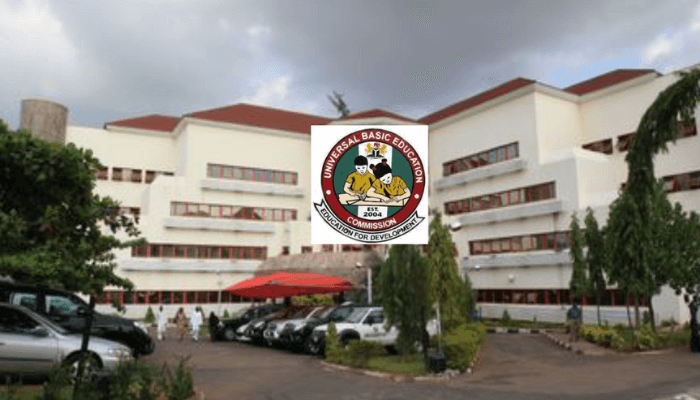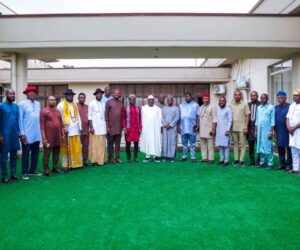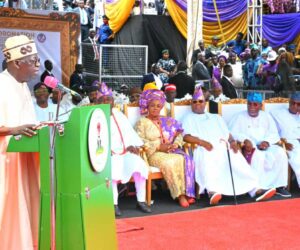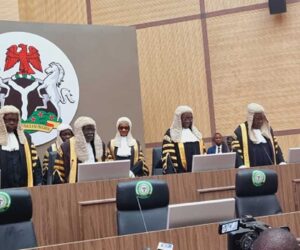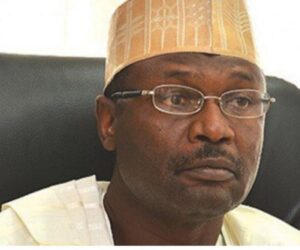From Fred Ezeh, Abuja
The Universal Basic Education Commission (UBEC) has declared that the issue of out-of-school children in Nigeria would be drastically reduced by 2030.
The Commission said the ambitious target would be achieved through ongoing education reforms and transformation policies being designed and implemented by the Federal Ministry of Education under the leadership of Minister Dr. Tunji Alausa.
Speaking with journalists in Abuja, the Executive Secretary of UBEC, Aisha Garba, disclosed that President Bola Tinubu had mandated the Ministry and the Commission to ensure every Nigerian child is enrolled in school, backing the directive with financial and logistical support.
Garba said: “My boldest commitment is to the president’s vision, that by 2030, we will drastically reduce the number of out-of-school children, and every Nigerian child, regardless of gender, location, or economic background, will have access to quality basic education in safe, inclusive, and stimulating learning environments.”
She explained that UBEC’s strategy includes strengthening teacher capacity, improving infrastructure, and enhancing community engagement to ensure children complete their education successfully.
While expressing optimism, she noted that education transformation requires sustained effort and collaboration.
“Achieving the 2030 vision will require continued political will, consistent funding, and active engagement from all stakeholders, including communities, teachers, and state governments. By maintaining and scaling these efforts, I am confident we can reach our targets and ensure quality education for every child,” she said.
Garba also revealed that the Commission was actively engaging religious institutions, traditional leaders, and state governments to address cultural and economic barriers to education.
She highlighted that female children remain the most disadvantaged due to deep-rooted cultural practices.
“Unfortunately, females are hardest hit by culturally moulded notions that they are future wives and mothers, with their roles in the household valued more than formal education. Practices such as early marriages and the belief that girls will eventually leave for their husband’s family often lead to boys’ education being prioritised,” she lamented.
Garba stressed that UBEC, under President Tinubu’s administration, is committed to implementing reforms that not only increase school enrolment but also raise the quality of basic education nationwide.

